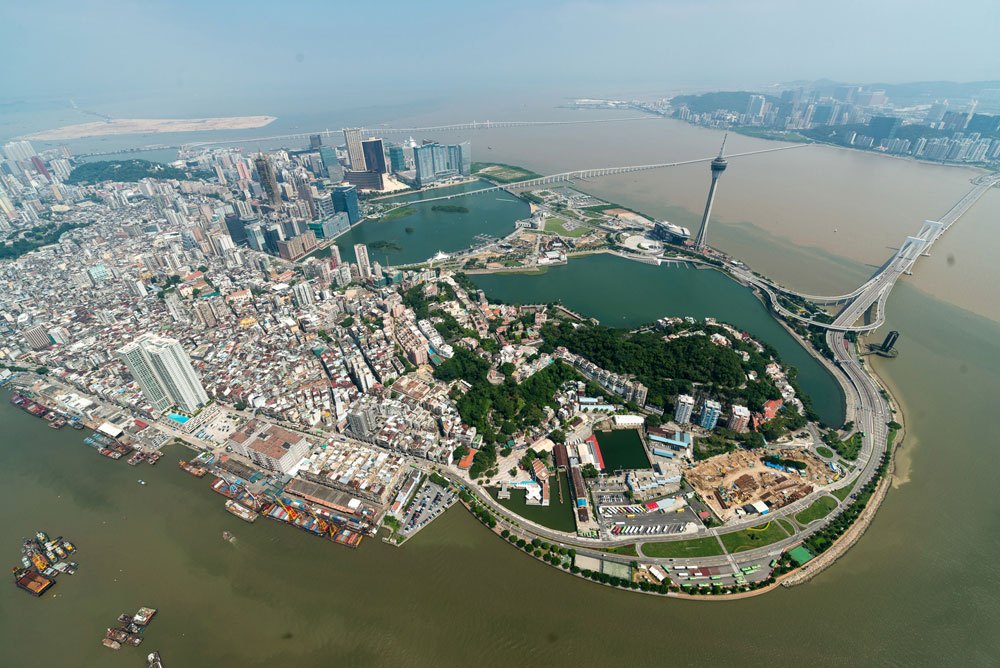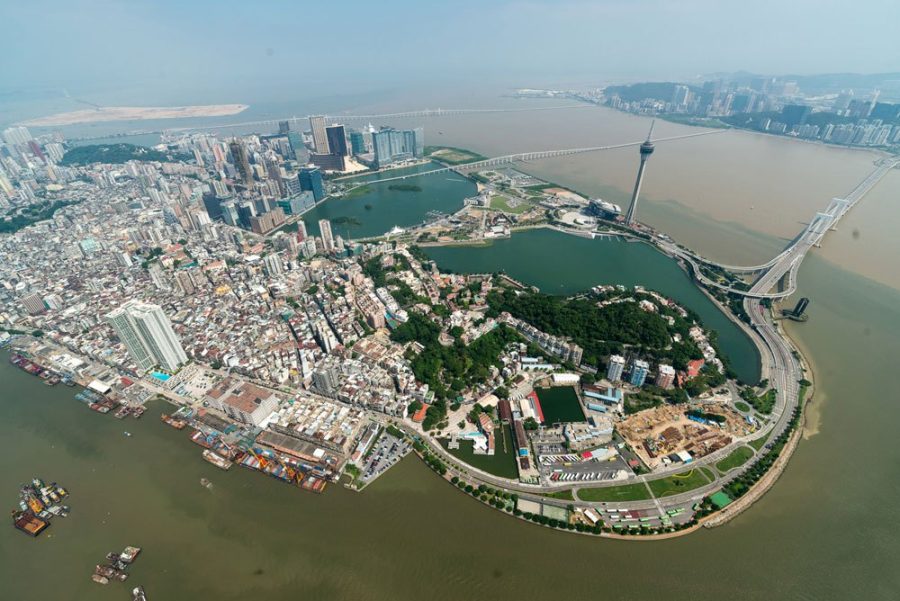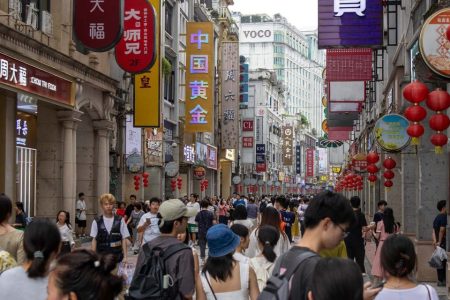Macau’s economy is expected to expand at an average of 4.9% per year in 2018/2019, supported by the upswing in the gaming industry, according to the Economist Intelligence Unit (EIU) in its latest report on the territory, where it also said that the government’s efforts to diversify the economy should have very limited success.
Gross fixed capital formation, or investment, will be bolstered by public expenditure on housing and transport, at a time when private investors, particularly gaming concessionaires, are reducing or limiting their investment following completion of new hotel/gaming projects.
In the two years under review, the Morpheus Hotel is due to open, operated by Hong Kong-based Melco Resorts, as well as the Grande Lisboa Palace, operated by Sociedade de Turismo e Diversões de Macau (STDM).
Although the document mentions that Galaxy Macau, owned by Hong Kong-based Galaxy Entertainment, will invest 50 billion Hong Kong dollars (about US$6.4 billion) in the expansion of its Cotai development, it added that the investment to be carried out in 2018/2019 will be significantly lower than the one recorded in previous years.
The investment will be supported by public expenditure, including the construction of new social housing projects, the islands’ hospital, which will provide health services to the residents of the islands of Coloane and Taipa, as well as the Macau light rail network, which has so far only been under construction on the island of Taipa.
The EIU also predicts that while public efforts to diversify the economy will yield slim results, casino operators should invest “heavily” in tourism supply not directly related to gambling, thereby broadening the range of leisure activities available for locals and visitors alike.
The average of 4.9% per year for 2018/2019 can be broken down into an economic growth rate of 5.8% this year and 3.9% in 2019, when the inflation rate will 2.0% (2.2% this year and 2.9% in 2019) and the positive balance of budget execution will be only one digit, with a rate of 8.1% in 2018 and 7.2% in 2019.
The EIU report said that the robust growth of the gambling sector in 2018/2019 will support employment and increase wages in the territory, in turn leading to an increase in household spending, which is expected to grow at an annual average of 5.2% per year.






